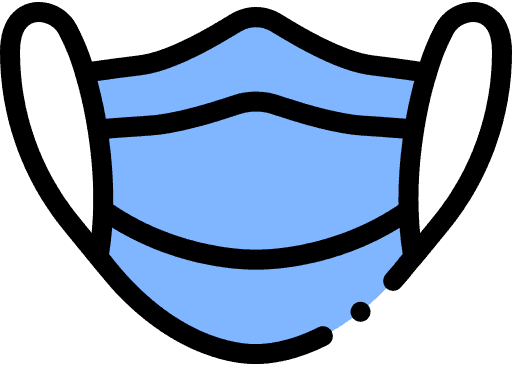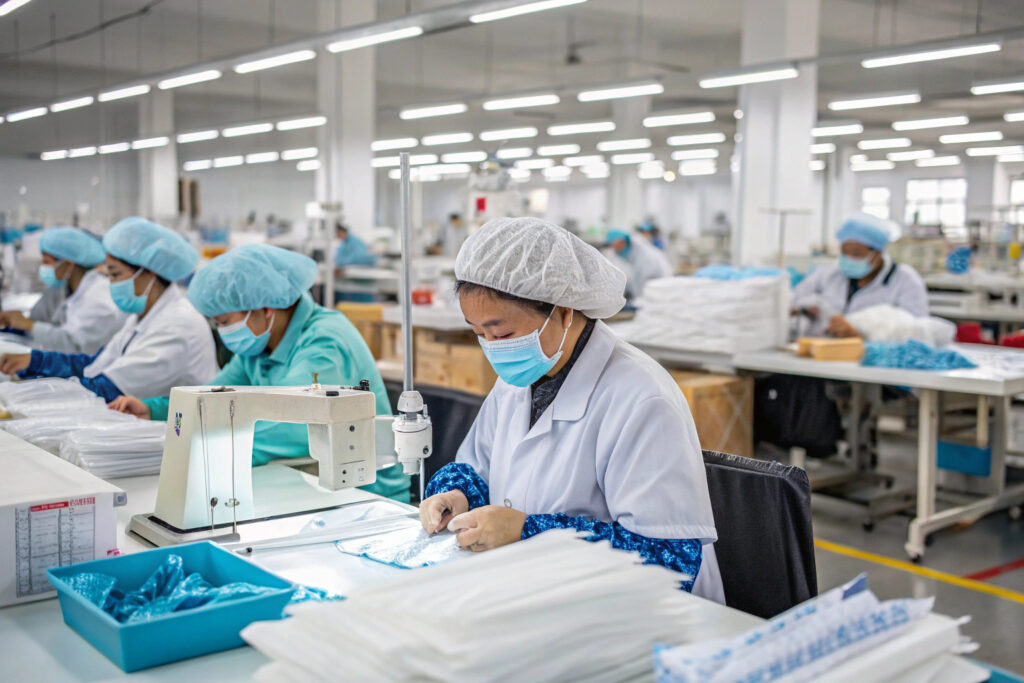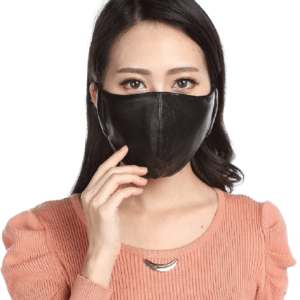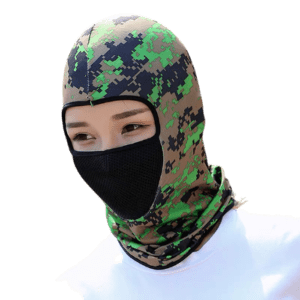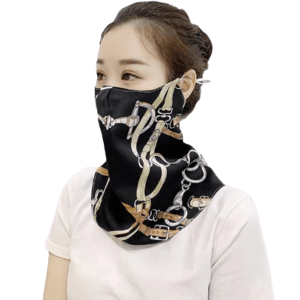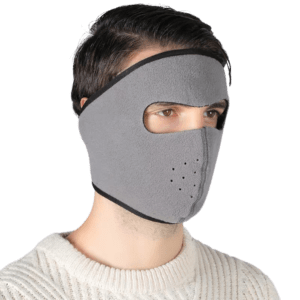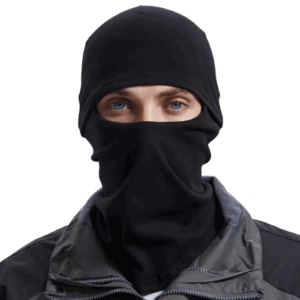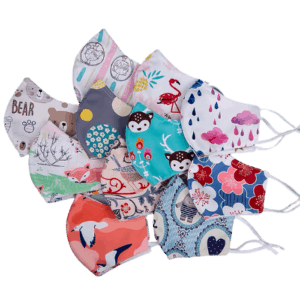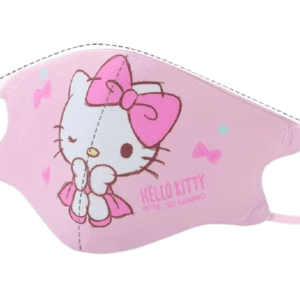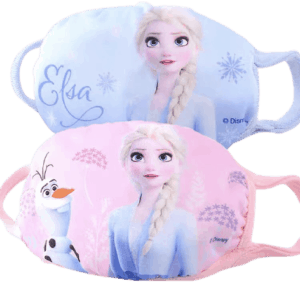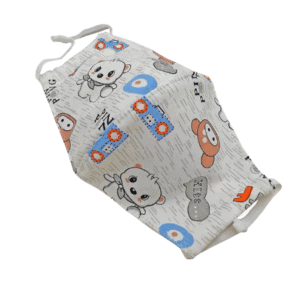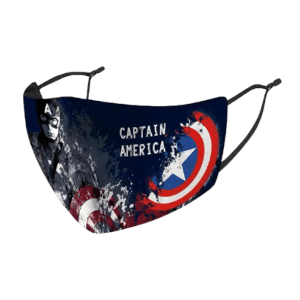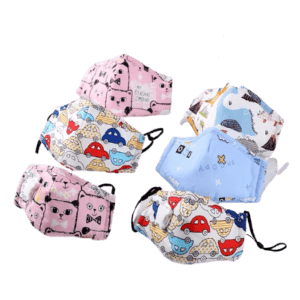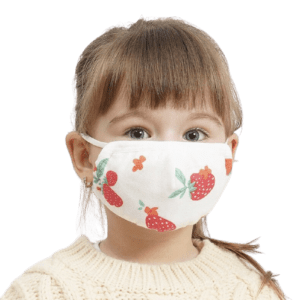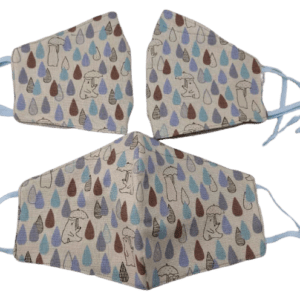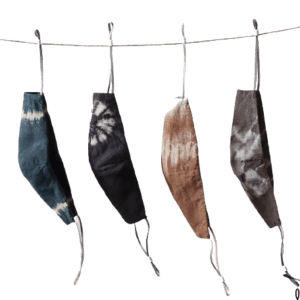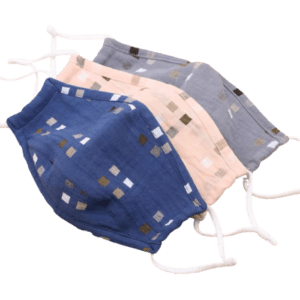In today’s global market, buyers often face a big challenge when choosing between basic wholesale fabric masks and premium fabric masks. The wrong choice can lead to unsold inventory, unhappy customers, or higher-than-expected costs. Many importers from the U.S. and Europe often ask me directly: "How do I know which type of mask suits my business best?"
The difference between basic and premium wholesale fabric face masks lies in material quality, functional features, durability, and overall value. Basic masks meet affordability and everyday needs, while premium masks target performance, comfort, and long-term use, making them ideal for fashion brands, sports retailers, and high-end distributors.
As a manufacturer rooted in Keqiao, I have seen how international buyers struggle with balancing price against quality. That’s why understanding the key differences is crucial before making bulk purchase decisions. Let’s explore each area together.
What Materials Are Used in Basic vs. Premium Masks?
Buyers often feel confused when suppliers list different fabrics without explaining their performance. This makes it hard to evaluate whether the mask is worth the price.
Basic fabric masks usually use standard cotton or polyester blends, while premium masks often use organic cotton, modal, bamboo fiber, or recycled fabrics with special treatments. Premium options are more breathable, skin-friendly, and aligned with sustainability trends.

Premium fabrics also bring unique features like antimicrobial finishes or water-repellent coatings. For example, some premium cotton masks have odor-resistant technology, making them more appealing to health-conscious or fashion-forward consumers.
Are Natural Fibers Better for Comfort?
Natural fibers like organic cotton or bamboo are softer and more breathable than synthetic blends. They feel gentle on the skin, making them ideal for long-term wear. Many U.S. fashion retailers prefer organic cotton because it aligns with sustainable sourcing goals. You can learn more about organic cotton benefits and why bamboo textiles are gaining popularity in eco-friendly fabrics.
Do Premium Fabrics Justify Higher Prices?
Yes, because premium fabrics not only improve comfort but also add marketing value. Consumers in Europe and the U.S. often pay more for masks labeled as "eco-friendly" or "antimicrobial." According to recent studies on sustainable textiles, buyers view these masks as fashion accessories rather than only protective gear. This allows distributors to increase retail margins.
How Do Design and Features Differ?
Many first-time importers think masks are only about fabric, but design plays an equally big role. Poorly designed masks often lead to negative reviews.
Basic masks follow a simple 2-layer or 3-layer flat fold or contour design. Premium masks integrate adjustable ear loops, nose wires, filter pockets, anti-fog features, and fashion-forward patterns. These details directly influence customer satisfaction and repeat orders.
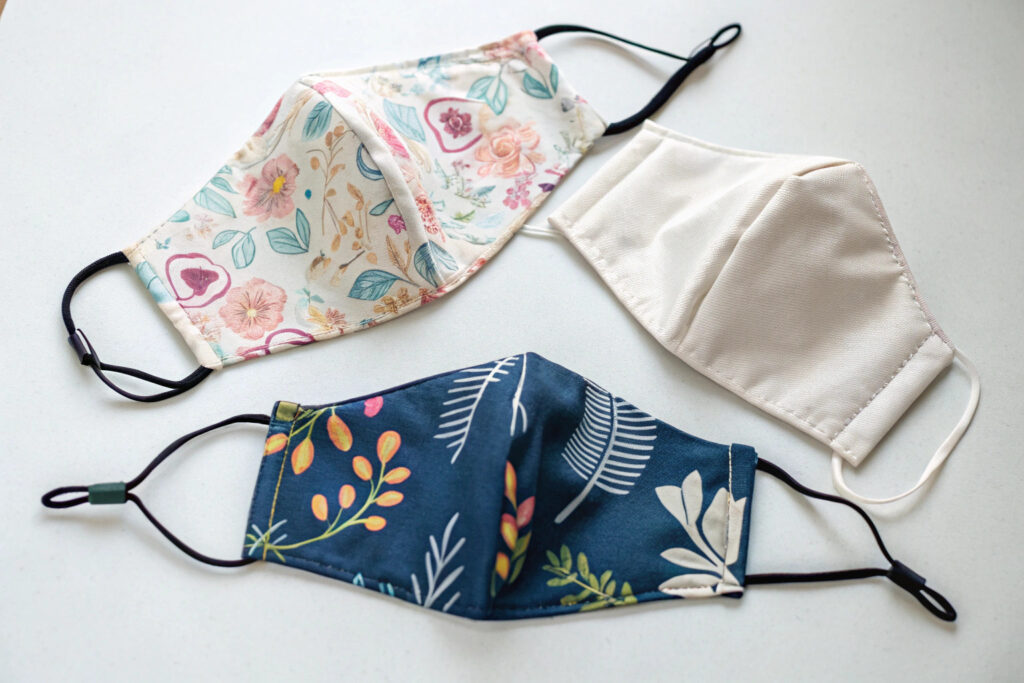
When a mask includes ear savers or lanyards, it becomes more functional and suitable for professionals who wear them for long hours. Premium designs also often come in stylish prints, which attract fashion buyers on platforms like Etsy or Amazon.
Why Are Nose Wires Important?
Nose wires create a tighter seal and prevent fogging of glasses, which is a common complaint in colder climates. In fact, eyewear retailers often recommend anti-fog masks to their customers. Adjustable fit also improves comfort, reducing customer returns.
Do Extra Features Add Long-Term Value?
Absolutely. Features like filter pockets allow customers to upgrade protection by inserting PM2.5 filters. This adds repeat sales opportunities for distributors. According to Consumer Reports on masks, layered and adjustable masks perform better in filtration tests, making them more reliable for long-term contracts with corporate clients.
How Does Durability Affect Wholesale Value?
Price-focused buyers often overlook durability. But in reality, durability directly impacts resale profits and brand reputation.
Basic masks last for 10–15 washes, while premium masks are designed to endure 50+ washes without losing shape or color. For wholesalers, this means fewer customer complaints and stronger brand trust.
)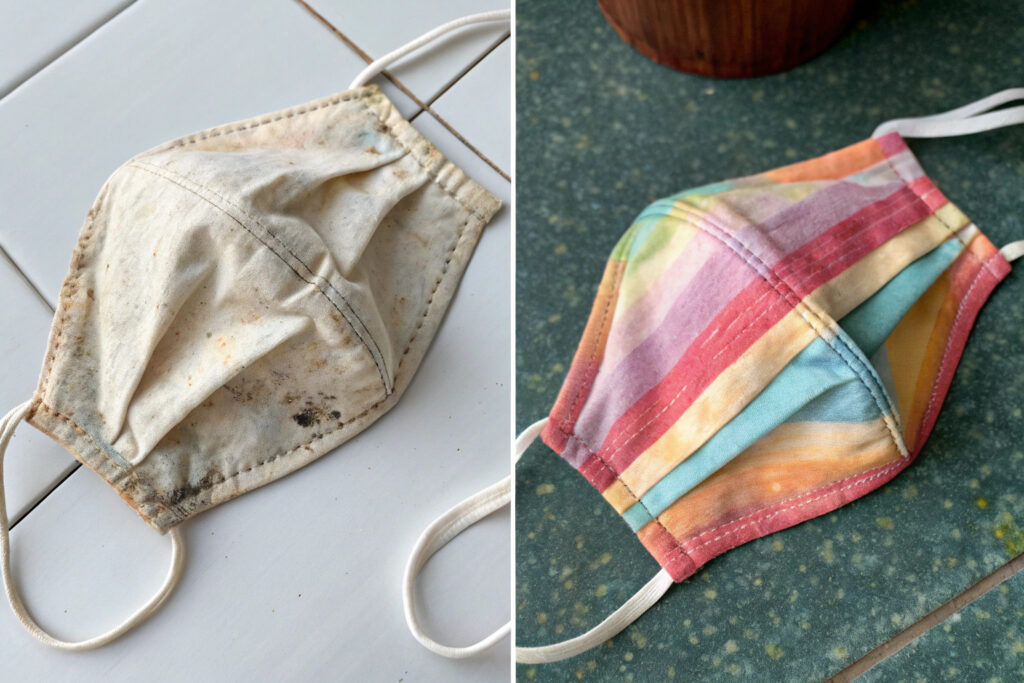
I have seen many small retailers in Europe switch to premium masks after receiving complaints that basic ones lost elasticity too quickly. In contrast, premium masks often use reinforced stitching and shrink-resistant fabrics.
Do Washing Cycles Make a Big Difference?
Yes. A mask that holds up after 50 washes becomes cost-effective in the long run. According to CDC guidelines on cloth masks, reusable masks should maintain performance after multiple washings. Buyers who invest in durable masks face fewer replacement costs.
Is Durability Linked to Customer Loyalty?
Definitely. Customers who experience durable masks are more likely to become repeat buyers. Many distributors use durability as a selling point on Amazon product listings and see positive reviews boost their rankings. Strong durability also helps retailers differentiate themselves in competitive markets.
How Do Basic and Premium Masks Impact Wholesale Pricing?
Wholesale buyers often prioritize price, but they must understand how pricing strategies differ between basic and premium options.
Basic masks cost less per unit, making them ideal for large-scale low-budget distribution. Premium masks are higher priced but deliver better margins because retailers can charge more at retail level. This balance depends on target customers and sales channels.
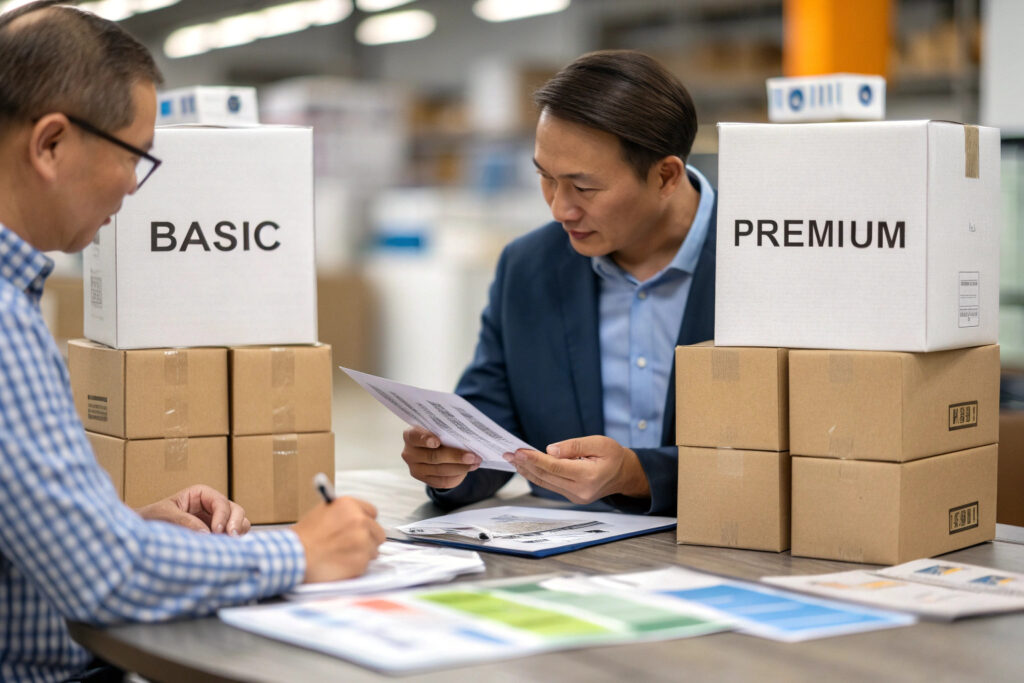
For example, discount stores in the U.S. may prefer basic masks, while fashion boutiques in Europe choose premium ones for branding purposes.
Which Masks Offer Higher Margins?
Premium masks typically allow retailers to mark up prices by 200–300%. This makes them more attractive for brands targeting middle-to-high-income buyers. Insights from Statista on face mask sales show how premium masks sustain value better than basics.
Can Basic Masks Still Be Profitable?
Yes, if the target audience is price-sensitive. For instance, NGOs or schools often purchase basic masks for bulk distribution. Buyers can check Alibaba wholesale listings to compare current FOB prices. Bulk orders lower the cost per piece, which suits government tenders or charity projects.
Conclusion
Both basic and premium fabric masks have their place in global wholesale markets. Basic masks fulfill the need for affordable, large-scale distribution, while premium masks deliver comfort, durability, and higher margins. The right choice depends on the buyer’s target market, brand positioning, and long-term strategy.
If you are planning to launch or expand your mask business, Shanghai Fumao can help you create the perfect solution. We specialize in developing and producing fabric masks tailored for your brand. For business inquiries, please contact our Business Director Elaine at elaine@fumaoclothing.com.
